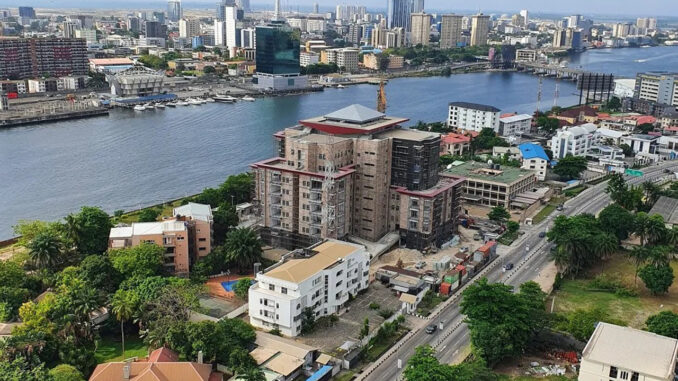
Nigeria’s economy witnessed a notable boost in the first quarter of 2025, as its Gross Domestic Product (GDP) grew by 3.13% in real terms year-on-year, according to the National Bureau of Statistics (NBS).
This marks an improvement from the 2.27% growth recorded in the same period in 2024. On Monday, July 21st, 2025, the Statistician-General of the Federation, Adeyemi Adeniran, attributed this performance primarily to the services sector, which expanded by 4.33% and contributed over 57% to the aggregate GDP. The industry sector also demonstrated resilience, growing by 3.42%, while agriculture showed a marginal rebound, registering a growth rate of 0.07%—a significant recovery from the -1.79% contraction in the previous year’s first quarter.
In nominal terms, Nigeria’s GDP at basic prices stood at ₦94.05 trillion in Q1 2025, reflecting a robust year-on-year growth of 18.3% compared to ₦79.5 trillion in Q1 2024. The NBS also provided a breakdown of the newly rebased GDP figures, which now use 2019 as the base year instead of 2010. The rebasing exercise revealed that Nigeria’s economy was valued at ₦205.09 trillion in 2019 and rose steadily to ₦372.82 trillion in 2024. The rebased series also showed an expanded role of previously underrepresented sectors, notably real estate and water transport, indicating improved data coverage and methodological enhancements in line with global statistical best practices.
The rebased data significantly altered the hierarchy of sectoral contributions. Crop production maintained its lead at 17.58%, followed closely by trade at 17.42%, while real estate overtook crude oil and natural gas to rank third with 10.78%. The real estate sector’s surge was credited to the inclusion of informal sector activities previously uncaptured. Meanwhile, telecommunications and crude petroleum followed with contributions of 6.78% and 5.85% respectively. Overall, the services sector emerged as the largest contributor to GDP at 53.09%, followed by agriculture at 25.83%, and industry at 21.08%, underscoring a structural shift in the economy’s composition.
Adeniran also highlighted the pivotal role of informal economic activities, which contributed ₦86.85 trillion—or 42.5%—to GDP in 2019, slightly higher than previous estimates. The comprehensive rebasing effort—undertaken with data from recent national surveys—marks the first of its kind since 2014 and reflects Nigeria’s evolving economic structure. It provides a more accurate framework for policy formulation, planning, and investment, positioning the country to better harness emerging growth sectors while addressing structural weaknesses in agriculture and manufacturing.
